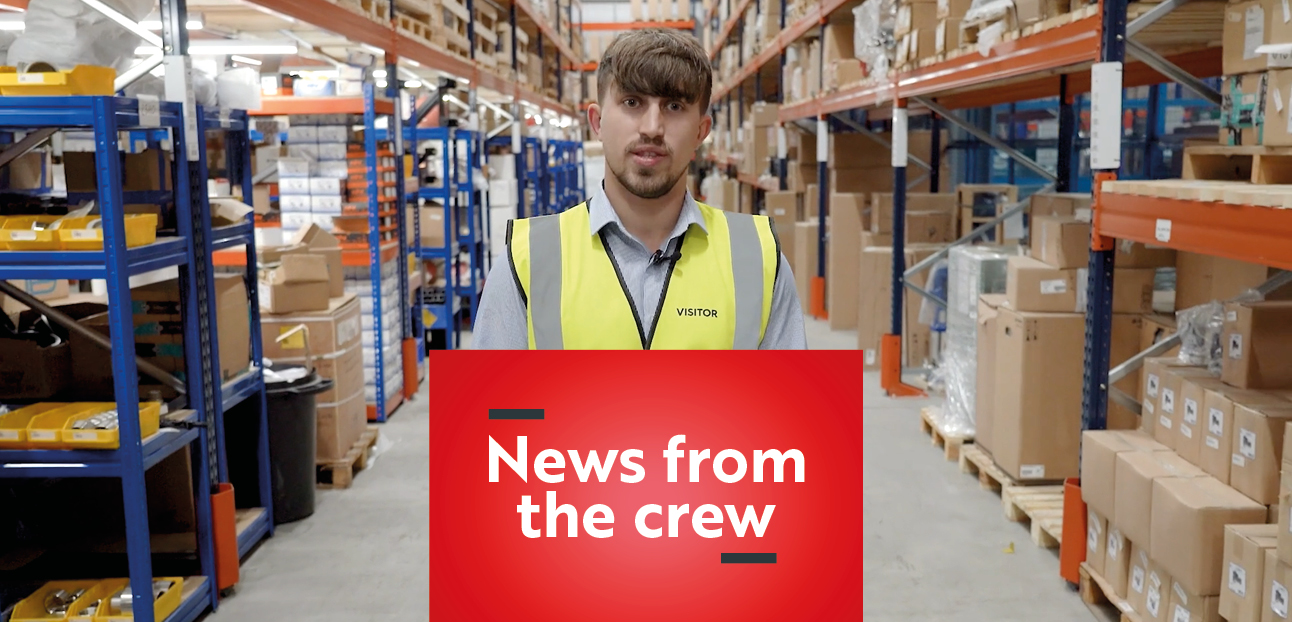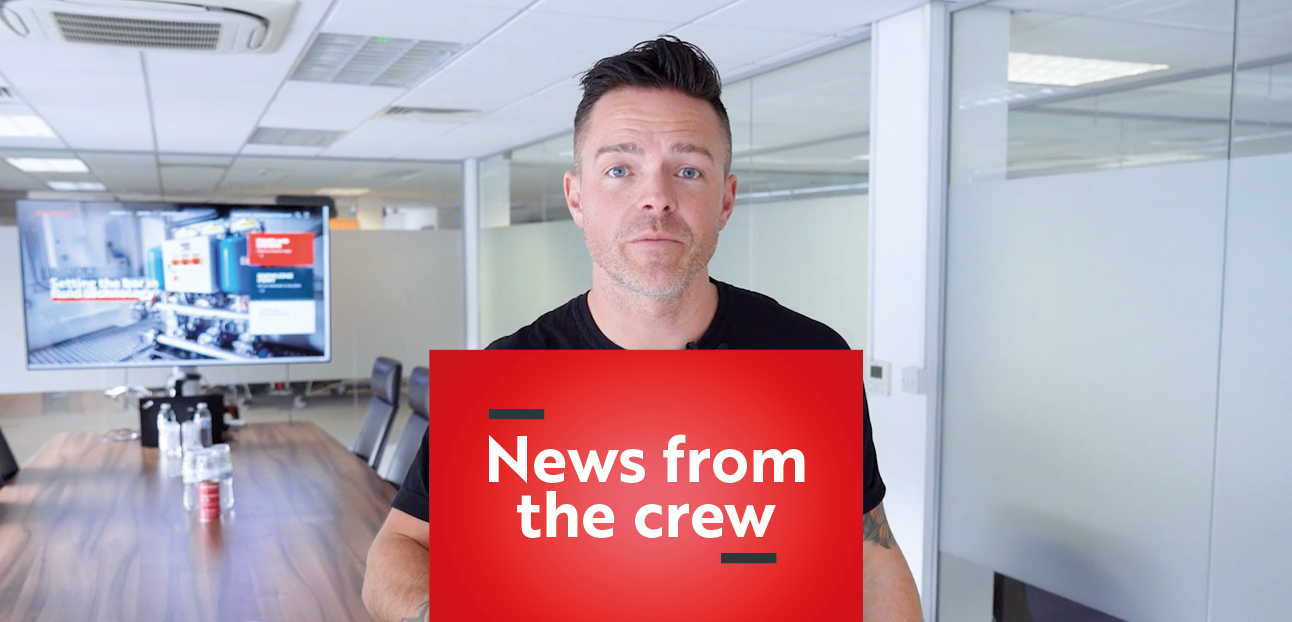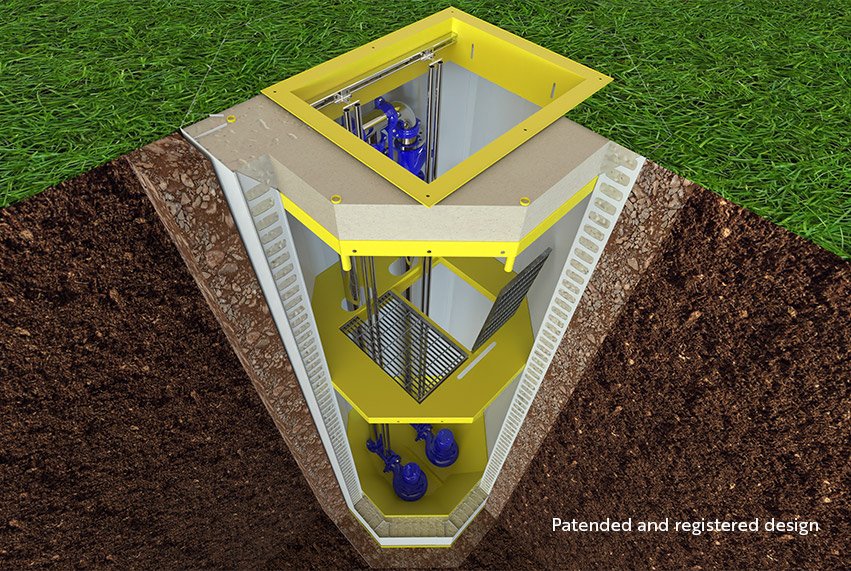The pressure is on businesses in every sector to look at how their operations are impacting the environment and take steps to reduce their carbon footprint. In the construction space, much of the conversation centres around waste and what we can do to make our processes more efficient. New legislation, like The Environment Act (2021), signals an industry-wide drive toward greater resource conservation and efficiency.
At Dutypoint, it’s our goal to not just be in line with these regulations but to be ahead of them. Small steps usher in big changes. For our part, we’re managing our energy consumption, reducing water usage and encouraging the use of electric vehicles. And that’s only the start. As a company, we are reviewing our entire process from product development to build, analysing every aspect of what we do and how we do it.
Watch the video and keep reading to learn more about our environmental objectives and what changes we’re making to meet them.
OLYMPUS PARK, GLOUCESTERSHIRE
The heart of our operations has and will always be in Gloucester. But since Dutypoint was founded in 1976, our operations have grown to include offices in London and the Midlands. In order to streamline our service, make it more efficient, and reduce our carbon emissions, we are relocating to a single, optimised site near where it all began.
With the move to our new premises at Olympus Park in Gloucestershire, we’re starting a journey of environmental awareness that will form a cornerstone of our operations going forwards.
OUR ENVIRONMENTAL OBJECTIVES
1. Ensure the environmental awareness programme is delivered in compliance with environmental requirements
2. Promote improvements in the environmental management system
3. Implement the waste hierarchy across the programme
4. Continually seek ways to minimise our environmental impacts
Here are just a few of the ways we are going about achieving our goals:
- Using recycled and recyclable paper products; reducing packaging as much as possible.
- Monitoring energy and water consumption; testing more efficient processes to minimise wastage.
- Taking advantage of video conferencing technology and restricting travel to essential journeys only; introducing electric vehicles to our fleet.
- Using local labour and materials where available to reduce CO2 levels and help the community; consulting staff and stakeholders to get everyone on board with initiatives.
To learn more about these changes, get in touch with Dutypoint today. Call us on 01452 300110 or email enquiries@dutypoint.com.




 Lloyd Preston
Lloyd Preston  4 October 2022
4 October 2022 






